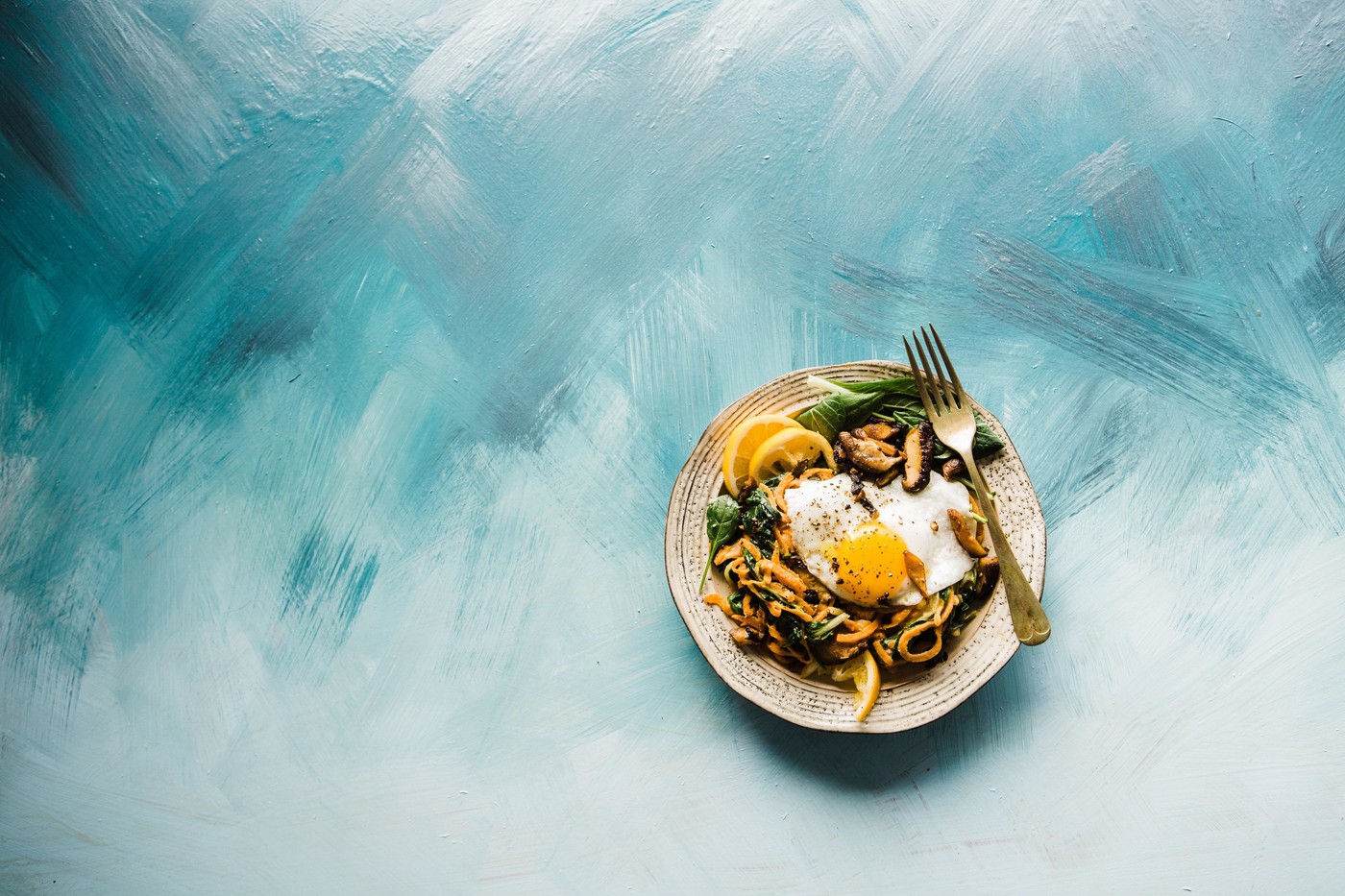Getting the best nutritional bang for your buck

You can eat really well without spending up large. That’s the message Julia Scott, Arvida’s national dietitian, wants everyone over 65 to know. A fixed income doesn’t have to be an obstacle to smart, healthy eating. Some of the world’s healthiest foods are very cost-effective.
Julia’s qualifications include a Master of Science majoring in Nutrition & Dietetics and a Bachelor of Science majoring in Human Nutrition. She’s also a self-confessed ‘whole food foodie and wellness enthusiast’.
If Julia accompanied you to the supermarket, here are 20 things she’d encourage you to put in your trolley:
1. Bananas. Always good value for money, bananas are full of fibre and helpful nutrients. They provide more energy than other types of fruit and are an excellent source of potassium, which helps regulate fluid balance and muscle contractions. When bananas get squishy, make banana pancakes or freeze to make smoothies.
2. Frozen blueberries. Much cheaper than fresh berries and just as good for you – maybe even better, because they’re snap frozen to preserve nutrients. The dark blue pigments in blueberries are antioxidants, which are helpful for heart, vascular health, brain and respiratory health. A handful a day is all you need.
3. Apples. The fibre in apples helps with blood sugar control and the antioxidants in apple skin help to lower inflammation in the body. An apple a day can certainly help to keep the doctor away!
4. Kiwifruit. If you struggle with bowel irregularity, make friends with kiwifruit. Their fibre is great for bowel health, plus they are very rich in all-important vitamin C. Green or gold? Whatever you prefer.
5. Canned fish. Fresh fish can cost an arm and a leg, so pick up some canned sardines, salmon or tuna. Canned oily fish is rich in omega-3 fatty acids, which are important for brain health and reducing inflammation.
6. Pork. The cheapest of the red meats, pork is an excellent source of protein, B vitamins, phosphorus, zinc, iron and selenium. Choose lean cuts if you can.
7. Eggs. They used to get a bad rap, but eggs have been given the all clear by nutrition experts. They provide some of almost every vitamin and mineral you need, plus they’re an excellent source of protein.
8. Chicken breast. So cheap, so versatile. You can dice it for a stir fry; bash it flat with a tenderiser for an easy pan fry with a sprinkling of herbs and garlic; or slice it through sideways to make chicken burger patties. Half a chicken breast can provide almost half your daily protein needs.
9. Yoghurt. Make your own with a yoghurt maker – it’s cheaper and the probiotic count is usually higher. Plain yoghurt is best, because it’s lower in sugar and you can use it as an accompaniment for both sweet and savoury foods.
10. Broccoli. While the price can vary throughout the year, most of the time you get a lot of nutritional bang for your buck with broccoli. It’s always good microwaved quickly or in a stir fry, but you can also slice it into a salad – raw or cooked.
11. Avocado. Make the most of them when they’re cheap. Avocados contain lots of healthy fat that helps with blood sugar regulation, Heart health and reducing inflammation. You get more than 20 vitamins and minerals too.
12. Bagged spinach. It lasts longer in the fridge than bagged lettuce leaf and makes a fantastic base for a salad. Spinach is rich in vitamins, A, C and K. It also contains compounds that help to reduce inflammation and prevent cell damage. Frozen spinach balls are also a good buy; you can add them to curries, pasta sauces, soups and fish pie.
13. Brown rice. It’s one of the best carbs you can eat, because it has four grams of fibre per cup and a helpful amount of B vitamins, magnesium and phosphorus. Tip: Rinse brown rice, then soak it in water for half an hour before cooking to shorten the cooking time.
14. Rolled oats. There’s a lot to love about oats. They’re rich in fibre, B vitamins, iron, manganese, phosphorus, zinc and magnesium. Have them for breakfast, bake them into cookies or make your own muesli.
15. Quinoa. Pronounced keen-wah, this super grain is rich in fibre, protein, B vitamins and trace minerals. You can use it like rice or add it to salads, stews and soups.
16. Raw almonds. They might appear expensive, but you only need a few almonds every day to get big nutritional benefits. Sprinkle chopped almonds over cereal or salad, or just eat a small handful as a snack. If you don’t like the flavour of raw almonds, you can roast them briefly in a 175°C oven. Five minutes is long enough.
17. Pumpkin seeds. Another healthy snack idea that roasts well. Full of vitamins, minerals and fibre.
18. Wholemeal pasta. When you’re shopping in the pasta aisle, go for the wholemeal varieties. It has lots more fibre than standard pasta, plus handy B vitamins and a range of minerals.
19. Canned beans. Canned black, kidney and cannellini beans are full of protein and fibre. Canned chickpeas are great too. Add them to a curry or chilli con carne, use them instead of meat in a pasta bake or make beans the star of a non-leafy salad.
20. Canned tomatoes. Full of lycopene, which is good for heart health, canned tomatoes are a pantry essential for adding flavour to pasta dishes and casseroles.
